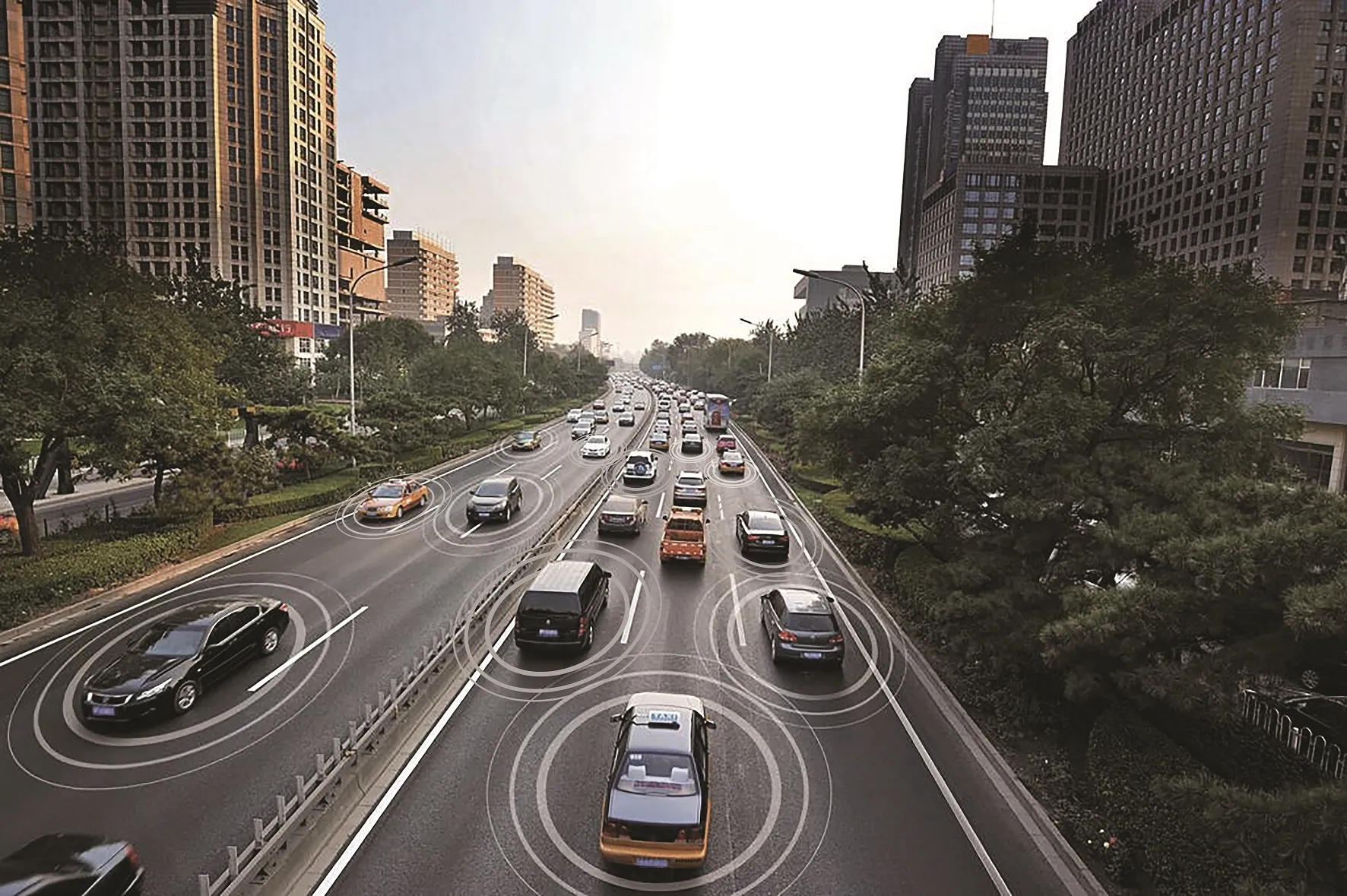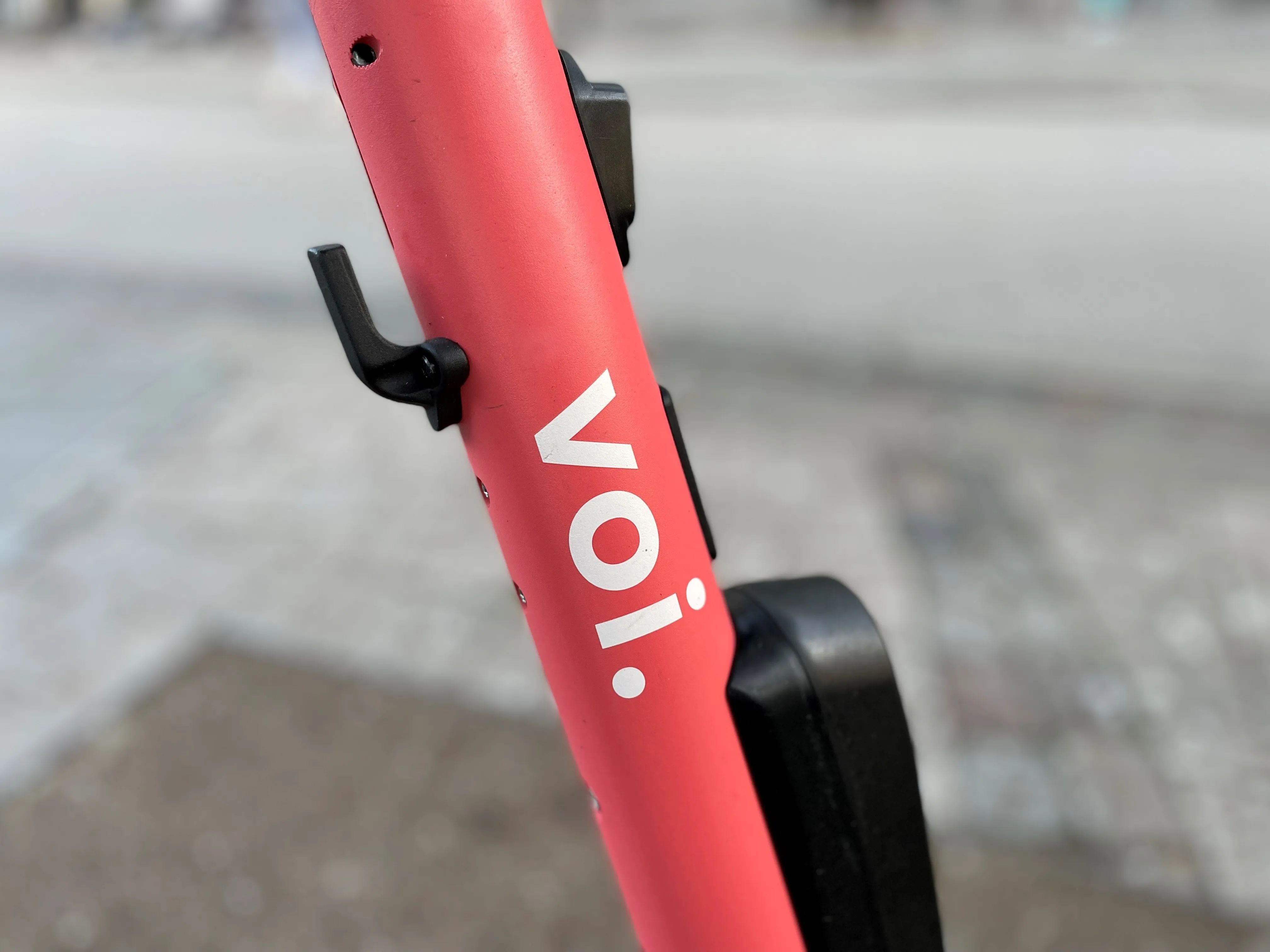
Cohda Wireless has partnered with Swiss positioning specialist U-Blox to produce a Vehicle to Everything (V2X) solution aimed at the global cooperative ITS (C-ITS) market.
The move pairs Cohda’s V2X software stack with the Swiss manufacturer’s UBX-P3 DSRC/802.11p V2X chip, which enables wireless Vehicle to Vehicle (V2V) and Vehicle to Infrastructure (V2I) communication.
Cohda chief engineer Fabien Cure said this creates an advanced V2X solution of particular interest to Tier 1 firms, original equipment manufacturers (OEMs) and road authority suppliers.
“In order to progress vehicle safety, OEMs need to produce vehicles that have embedded V2X wireless communication technology as a standard inclusion,” he said.
“Likewise, cities around the world are preparing for the introduction of wide scale cooperative intelligent transport systems.”
Cohda's V2X software is in production vehicles from GM and Volkswagen.
“The porting of Cohda’s leading V2X onto our high-performance UBX-P3 chip is an important proof point that both our solutions are interoperable and enable a swift integration into automotive platforms”, said Herbert Blaser, senior director, Product Center Short Range Radio at U-Blox.








